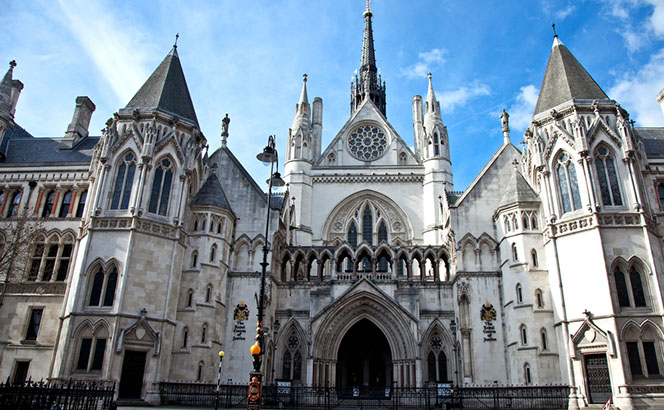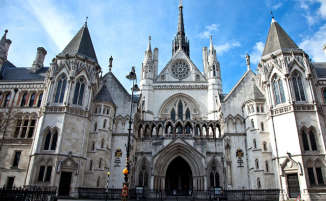Courts in England and Wales have made changes to their practices as the Lord Chief Justice joins those dismissing claims the courts can operate as normal as the spread of coronavirus widens.
The justice minister Chris Philip said this week courts would be ‘operating as normal’ despite guidance from the Prime Minister Boris Johnson warning people to avoid unnecessary journeys and to work from home where possible.
But in response, Lord Burnett of Maldon, the Lord Chief Justice, on Tuesday (17 March) said it was not realistic to suppose that it will be business as usual: ‘But it is of vital importance that the administration of justice does not grind to a halt.’
To avoid stasis at the courts, lawyers have called for the use of technology to allow remote hearings where possible, with the government currently drafting emergency legislation to broaden the use of such technology throughout the justice system.
‘The most sensible thing is the use of telephone and video hearings,’ Allen & Overy litigation partner Andrew Denny told Legal Business. ‘People will have invested a lot of funds and resources into cases, and there is the economic impact of that, courts have the same delicate balancing act to do as everyone else. The key mitigating factor is with telephone and video hearings. There are aspects of the justice system – particularly in criminal justice – which will just have to continue.’
One major change was revealed when the Lord Chief Justice confirmed that all trials set to last over three days listed before end of April are to be adjourned, with trials under three days set to continue. The measure comes after Amanda Pinto QC, chair of the Bar Council, gave a barbed statement, saying ‘being in a jury trial should not be a game of Russian roulette with the participants’ health.’
There are widespread concerns that criminal courts are likely to be impacted more heavily than their civil counterparts. One veteran litigator told Legal Business: ‘I don’t think the courts are equipped for it. The idea any half-complicated part of a case can be done over video is a dream. Criminal cases are over, the courts are so underfunded and ill-served by technology that this is the sort of crisis they can’t deal with.’
However, today (March 19) Lord Maldon said that flexible working could become the norm in the civil and family courts. In a statement he said: ‘The rules in both the civil and family courts are flexible enough to enable telephone and video hearings of almost everything.’
His statement comes after yesterday’s announcements that schools will be closing three weeks early, while those aged 70 or older with health problems should stay at home. Lord Maldon added the developments ‘will have an immediate impact on the ability and willingness of people to attend courts and tribunals.’
Elsewhere, the Legal Aid Agency (LAA) has set out its plans amid the coronavirus outbreak, with the main priority ensuring ‘legal aid services from solicitors, barristers and the not-for-profit sector remain available to the public.’ The LAA also stressed legal aid applications for clients are continuing in the usual way.











